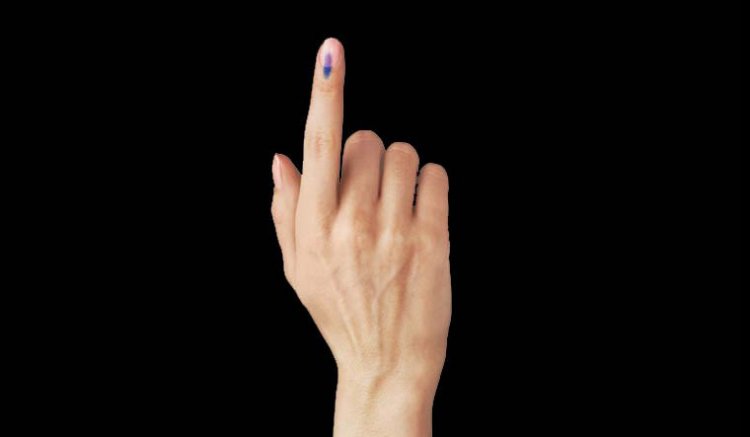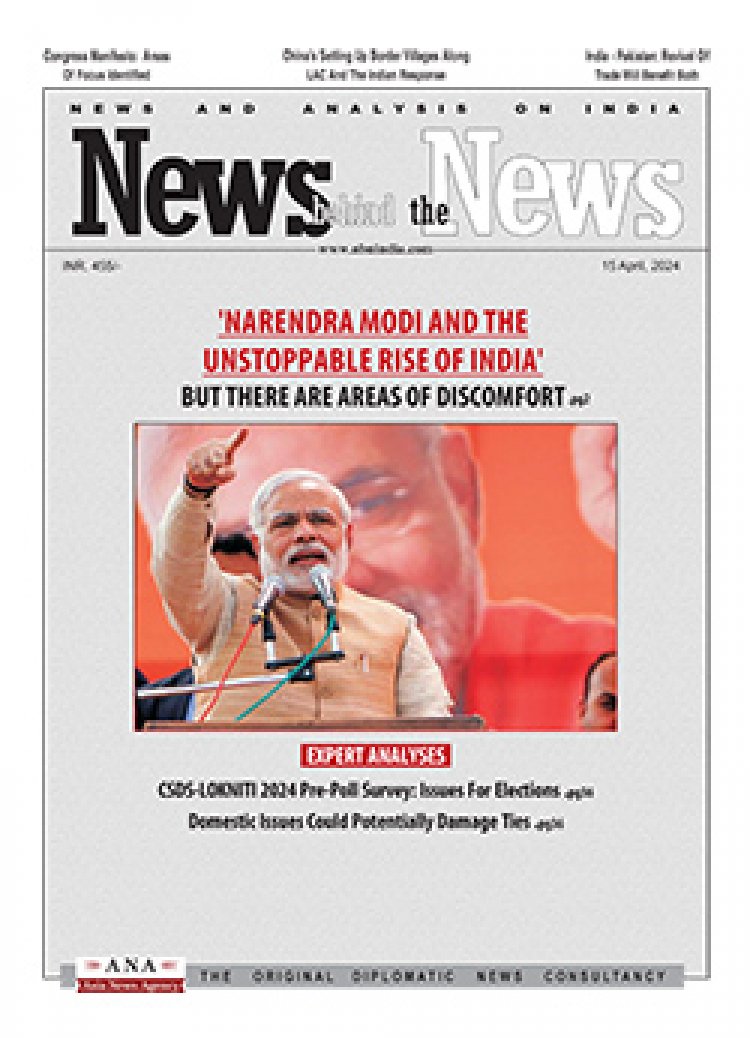Assembly Polls: Is India on the Verge of Change?
Amulya Ganguli

After the BJP’s phenomenal success in the 2019 parliamentary elections, its strike rate in the subsequent assembly polls has been less than satisfactory. It lost in Delhi and Jharkhand, could barely hold on to power in Haryana and was outmanoeuvred in Maharashtra.
Given this unimpressive background, the party’s over-confidence about the forthcoming assembly elections in four states and one Union territory can seem odd. Perhaps it is part of a tactic which is intended to boost the morale of the cadres. Considering that the BJP’s position has been traditionally considered weak in three of the four states – West Bengal, Tamil Nadu and Kerala – the importance of overstating the party’s case to impress the rank and file and overawe the electorate is understandable.
A ploy of this nature has also apparently become a part of the BJP’s political persona under its present leadership, which is generally seen as aggressive. This change of stance is markedly different from what it was under the earlier generation of leaders like Atal Behari Vajpayee and L.K. Advani, who appear to have been far more sober when compared with the current crop of top functionaries like Narendra Modi and Amit Shah.
To give one example of the change, Advani has pointed out that leaders of his time never regarded the opposition as “enemies” unlike the present when it is not uncommon to brand the government’s critics as anti-nationals. Another instance of the change is the manner in which today’s BJP treats almost all elections – whether for the local bodies or for parliament - as a life-and-death struggle in which the party puts in all its efforts. This all-or-nothing approach can be seen in the present round of elections where the party’s top honchos have been visiting and revisiting the poll-bound states to drive home their campaign points.
There may be a psychological explanation for this overdrive. Till the BJP assumed power at the centre with a stable coalition government in 1998, it had never quite expected to reach the hallowed heights of Indian politics in New Delhi, having been confined to the margins of the national life virtually all through its career. Then, between 2004 and 2014, the BJP suffered a setback when the party was ousted by the Congress and its allies from the centre.
However, the BJP had a lucky break when the Congress became embroiled in corruption charges and also lost its way under a weak prime minister, Manmohan Singh, who had been handpicked by the Congress president, Sonia Gandhi. The result of this twin disaster which brought down the Congress was the BJP’s success in regaining power at the centre under an avowedly “strong “ leader. It is apparently this gain which the BJP wants to retain at all costs. Hence, its gung-ho approach towards all elections.
However, there is a negative side to this outlook. For, if the BJP stumbles in the coming weeks despite all its endeavours, which include trying to make the most of Modi’s oratorical skills, then the debilitating impact on its image nationwide will not be easy to repair. For one, it will mean that all of the party’s organizational and monetary assets can come to nought. And, for another, it will be a sign that the rhetoric of its star propagandists is no longer impressing the people.
It would have been advisable, therefore, for the BJP to approach the West Bengal, Tamil Nadu and Kerala elections on a moderate scale rather than at the present high-decibel level, especially when its chances of success in the two southern states are not all that high. Even in West Bengal, the opinion surveys show that the ruling Trinamool Congress has its nose ahead in the race. Before fielding so many of its senior leaders in the West Bengal campaign, the BJP might have recalled what happened in neighbouring Bihar not long ago when the Rashtriya Janata Dal unexpectedly came out of nowhere to give the BJP and the Nitish Kumar government a run for their money. The two finally won, but not before being battered and bruised.
It is only in Assam that the BJP appears to have a fair chance of returning to power. But, even there, the resistance to some of the BJP’s pet projects like the new citizenship law and the proposed national register of citizens means that the opposition poll campaign against the two measures will breathe new life into these controversial issues which have evoked unfavourable comments abroad as well.
Up until now, the BJP’s answer to the criticism it is facing on the human rights front from reputed international organizations like Sweden’s V-Dem Institute and America’s Freedom House has been that the party has the support of the Indian people. But, if the results go against it partially, this line of defence will be breached, further emboldening the party’s critics abroad who seem to have taken an about-turn in the matter of seeing the BJP as a party which will take India out of its socialist rut.
It is obvious that the signs of the BJP faltering will embolden the opposition in India, too, who had run out of ideas about ways to take on the Modi-Amit Shah juggernaut. Now, the opposition is expected to get their acts together even if there in no one in their ranks who can match Modi’s rhetorical flourishes. But, politics is a funny game. Once it is believed that the tide is turning, the opposiiton’s organization will start firming up and its coffers being filled. The forthcoming elections, therefore, carry the possibility of inducing a sea-change in Indian politics.
















